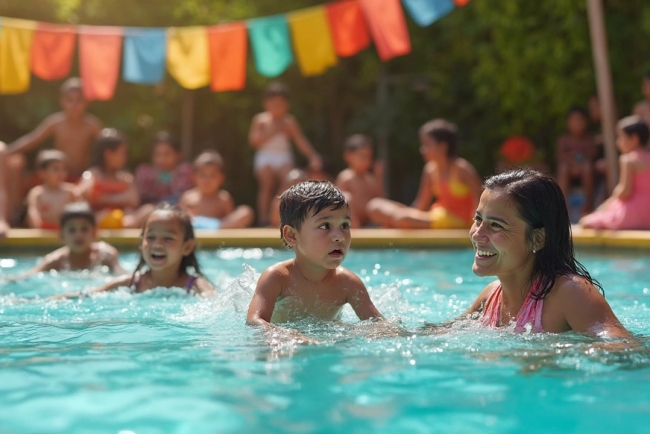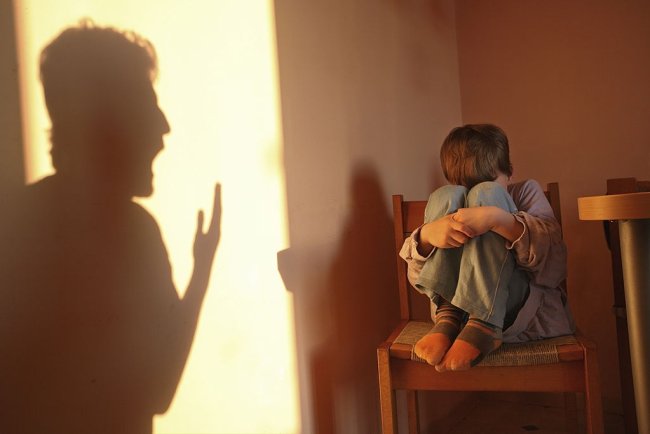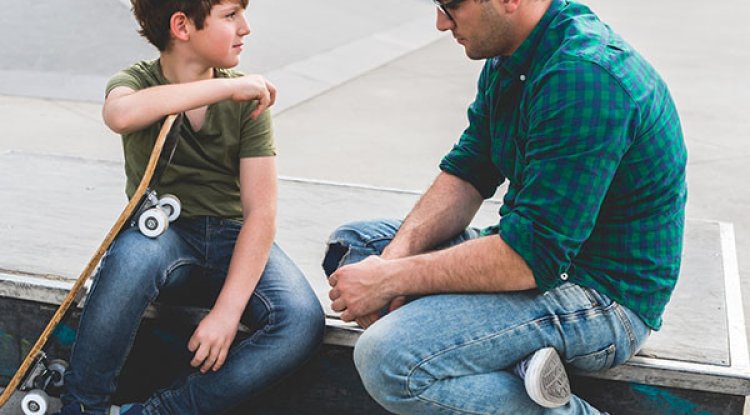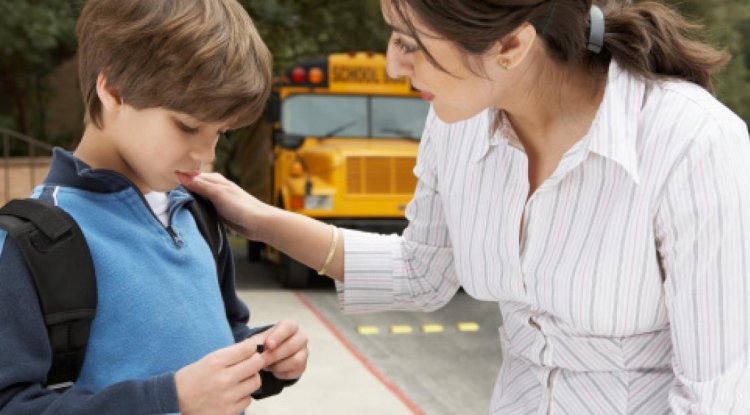What to Do When Your Child Starts Swearing
Picture this: you’re making dinner, and out of nowhere your 6-year-old drops a word that makes you freeze mid-stir. Your jaw hits the floor. You think, Where on earth did they hear THAT?
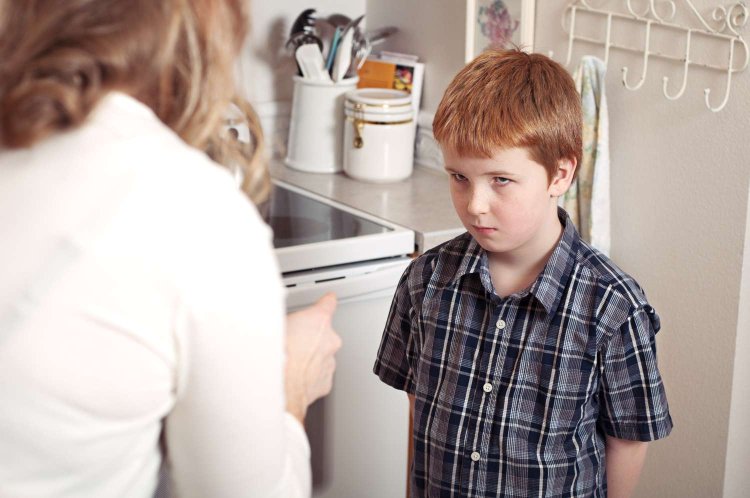
Kids between 5 and 8 are little parrots. They soak up every word they hear from school, siblings, TV, or yes, even us. Sometimes the things they repeat are funny or surprisingly clever. Other times… Well, not so much.
Yep, we’re talking about swearing.
Before you panic, know this: swearing doesn’t mean your child is “bad.” It’s actually a normal part of growing up. Kids test out words the same way they test climbing too high on the monkey bars to see what happens. The good news? These moments can turn into teachable opportunities.
Why Kids Swear in the First Place

Kids don’t usually swear just to be defiant. Most of the time, it comes down to a few simple reasons:
They’re copying someone. Kids imitate everything a sibling, a parent, or even the stranger who yelled at traffic.
They’re testing reactions. Will Mom laugh? Will Dad get mad? The reaction often matters more than the word itself.
They’re expressing big feelings. Sometimes a swear word feels like the quickest way to let out anger, frustration, or overwhelm even if they don’t fully know what it means.
And here’s another thing: home is the “safe zone.” Kids spend the whole day following rules at school, then they come home and unload meltdowns, big feelings, and yes, sometimes colorful words.
How to Respond When It Happens
The way you react is more important than the word itself. The following are some tried-and-true methods:
1.Remain composed
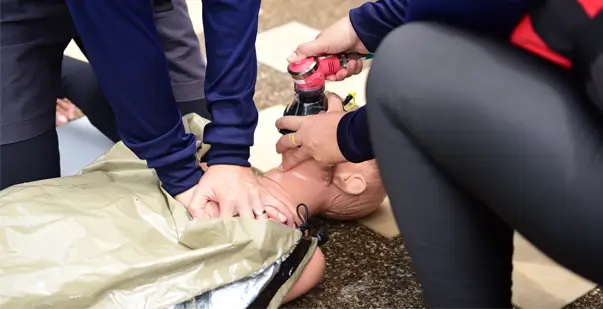
Wait a moment before answering. In fact, strong emotions may inspire children to repeat the term to see what happens.
2. Find Out What is Happening
Try asking "What made you say that?" or "Were you feeling mad?" as an alternative to immediately punishing someone. This aids children in relating their feelings to the words they use.
3. Provide Alternative Choices
Encourage your youngster to use "mad words" by asking them, "What else could you say when you are upset?" or "At Grandma's house, what term would work?"
4. Clearly Define Your Boundaries
Do not dismiss a word that is directed at someone else by saying, "That is not okay." We do not harm individuals with words. Urge them to say sorry and give it another go.
5. Instruct Empathy
"What do you believe that word did for your friend?" or "What would you think if you heard that?
6. Maintain Simplicity

Younger kids don’t need long lectures. Stick to concrete rules: “Some words are for adults, not kids.” or “We don’t use those words at school or with friends.” Relating it to rules they already know like waiting their turn or raising a hand in class makes it easier to stick.
The More Comprehensive View
Avoiding embarrassment in the grocery store checkout line is not the only reason to correct cursing. It focuses on teaching life skills, such as how to control one's emotions, show respect for others, and find constructive ways to vent displeasure.
And hey parents aren’t perfect either. If you let a word slip in front of your child, own it: “Oops, I shouldn’t have said that. I’m sorry.” Modeling that kind of humility shows your kids it’s okay to make mistakes, as long as we learn from them.
Bottom Line
Swearing doesn’t mean your child is on the path to bad behavior. It just means they’re experimenting testing words, reactions, and boundaries. It is your responsibility to remain composed, help them make wiser decisions, and maintain an open line of communication.
Children will have a stronger foundation for overcoming greater obstacles as they get older if they learn how to express themselves with empathy and respect at a young age.
What's Your Reaction?








